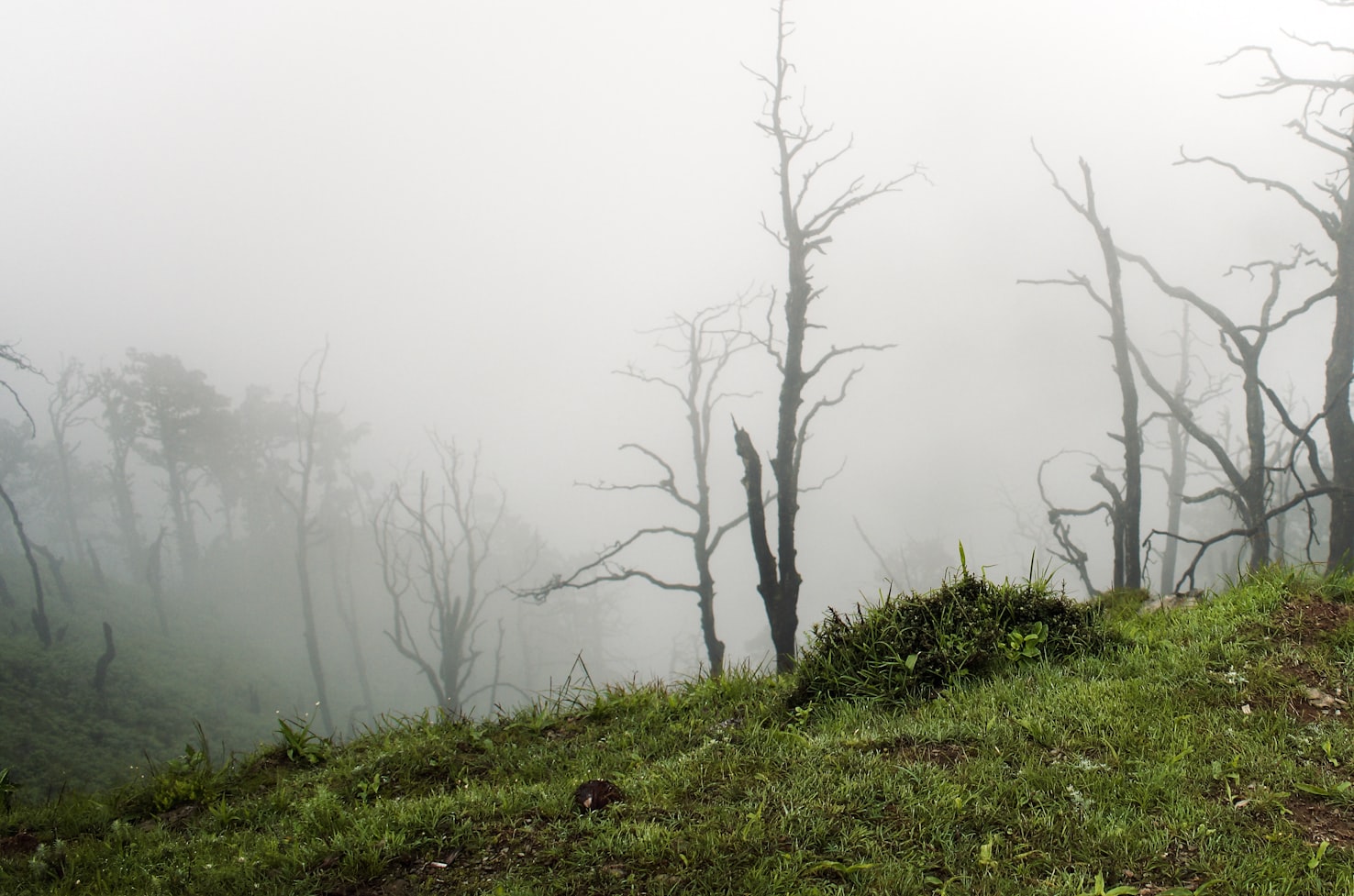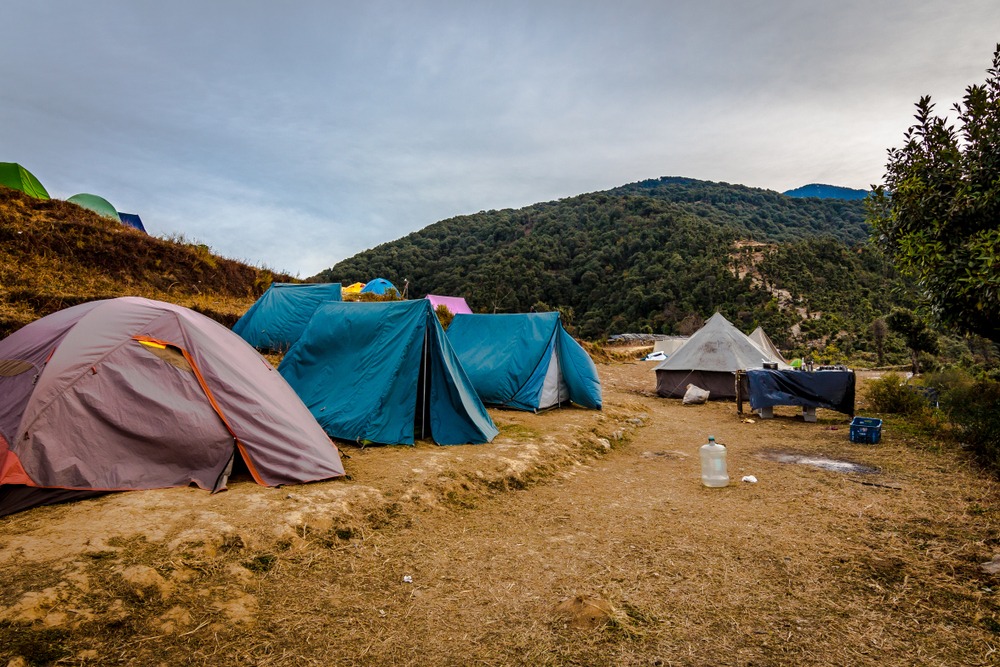1. Distance Of Nag Tibba trek from Rishikesh
Nestled in the majestic Himalayas, Nag Tibba is a trekker’s paradise, and Rishikesh serves as the perfect launchpad for this exhilarating adventure. In this guide, we’ll unravel the mysteries of NEmbark on the Nag Tibba Trek from Rishikesh for an unforgettable adventure. Explore nature’s wonders and plan your scenic journey. and providing valuable insights for a memorable trekking experience.
2. Distance and Duration Of Nag Tibba trek from Rishikesh
How far is Nag Tibba trek from Rishikesh?
The distance from Nag Tibba Trek from Rishikesh is approximately 133 km. The trek, on average, takes 1 day to complete, offering breathtaking views and a diverse range of terrains.
Approximate Trekking Duration
The trekking duration varies based on individual pace and weather conditions. On average, trekkers can expect to reach the summit in 5-6 hours, allowing ample time for exploration and relaxation.
To start this adventure, take the following actions:
- Planning Ahead: Research the ideal time for the trek and plan your itinerary accordingly.
- Choosing the Right Season: Consider weather conditions and select a season that aligns with your preferences.
3. Best Time to Visit
Ideal Seasons for Nag Tibba Trek
The best time to visit Nag Tibba Trek from Rishikesh is during April to June, and the winter months, from October to December. The weather is snow fally, providing a pleasant and safe trekking experience.
Weather Considerations

When planning your trek, keep the following in mind:
- Seasonal Changes: Be prepared for temperature variations.
- Rainy Season Caution: Exercise caution during the monsoon season.
To maximize your journey:
- Check Weather Updates: Stay informed about the current weather conditions.
- Pack Accordingly: Adjust your packing list based on the anticipated weather.
4. Trekking Route
Detailed Nag Tibba Trek from Rishikesh Route
Embarking on the Nag Tibba Trek from Rishikesh involves navigating through a scenic route that showcases the diverse beauty of the Himalayan landscape. Here’s a step-by-step guide:
Starting Point: Begin your journey from Rishikesh, a spiritual hub on the banks of the Ganges.
- Travel to Pantwari Village: Reach Pantwari Village, the gateway to the Nag Tibba trek. There are beautiful views of the countryside throughout the route.
- Ascend to Nag Tibba Base Camp: Trek through dense forests and quaint villages, ascending to the Nag Tibba Base Camp. The trail presents a mix of challenging and leisurely stretches.
- Summit Push: The final leg involves a steep climb to the Nag Tibba summit, where panoramic views of the snow-capped peaks await.
- Descent: Descend via the same route or explore alternative trails for a varied experience.
- Landmarks Along the Way: Keep an eye out for landmarks like Kempty Falls, Kanatal Hill Station, Lal Tibba, Nainbagh, Pantwari Village, Nag Temple, for navigation and appreciation of the surroundings. Also check here What Is The Nag Tibba Trek Famous For.
To ensure a smooth journey:
- Navigation Tools: Carry a detailed map, GPS device, or hire a local guide for seamless navigation.
- Physical Preparation: Train your body for varying terrains and altitudes.
5. Trek Difficulty
Difficulty Level of Nag Tibba Trek
Because of its moderate difficulty of the Nag Tibba trip is appropriate for both inexperienced and experienced hikers. Here’s what to expect:
- Terrain Variation: The trail includes forested paths, rocky terrain, and steep ascents, offering a diverse trekking experience.
- Altitude Considerations: While not extremely high, the altitude requires acclimatization. Take breaks as needed to adjust to the elevation.
- Physical Fitness: To increase stamina, perform strength and aerobic training on a regular basis.
- Pacing: Maintain a steady pace to conserve energy, especially during steep ascents.
- Altitude Acclimatization: Spend a day in Pantwari or the base camp to acclimatize before the final ascent.
6. Camping Options
Camping Sites Along the Nag Tibba Trail
Camping adds a touch of adventure to the Nag Tibba trek. Here are notable camping sites:
- Khatian: A serene spot surrounded by rhododendron forests, ideal for an overnight stay.
- Nag Tibba Base Camp: Set up camp here to prepare for the summit push. Savor an evening among the sky.
Accommodation Recommendations
For individuals looking for greater comfort:
- Homestays in Pantwari: Experience local hospitality before and after the trek.
- Rishikesh Accommodations: Explore options in Rishikesh for a relaxing stay before and after your trek.
To improve your time spent camping:
- Carry Lightweight Gear: Opt for compact and lightweight camping equipment.
- Campfire Safety: Follow Leave No Trace principles, and adhere to fire safety guidelines.
7. Packing Essentials
Essential Items to Carry for Nag Tibba Trek
Packing right is crucial for a successful Nag Tibba trek. Here’s a comprehensive list of essentials to ensure you’re well-prepared:
Clothing:
- Layered clothing for temperature variations
- Waterproof jacket and pants
- Sturdy trekking boots and extra socks
Safety Gear:
- Headlamp or flashlight with extra batteries
- First aid kit, including altitude sickness medication
- Multi-tool or knife
Shelter and Sleep Gear:
- Lightweight tent
- Sleeping bag suitable for the season
- Sleeping pad for added comfort
Nutrition and Hydration:
- High-energy snacks
- Reusable water bottles or hydration system
- Water purification tablets
Navigation and Communication:
- Map and compass
- Fully charged mobile phone with a power bank
- Emergency whistle
Tips for Light Packing and Safety
- Prioritize Essentials: Pack only what is necessary to minimize weight.
- Weather-Appropriate Clothing: Check the forecast and pack accordingly.
- Distribute Weight: Balance your backpack for comfortable trekking.
8. Conclusion
In conclusion, the Nag Tibba trek from Rishikesh is a journey that promises not just physical challenges but also the reward of stunning Himalayan vistas. Whether you’re a seasoned trekker or a novice adventurer, the careful planning outlined in this guide ensures an enriching experience.
Recap key points:
- Plan Ahead: Research, plan, and book accommodations in advance.
- Understand the Terrain: Be prepared for diverse landscapes and weather conditions.
- Safety First: Prioritize safety with proper gear and acclimatization.
Encourage fellow trekkers:
- Share Experiences: Connect with other trekkers and share your experiences.
- Respect Nature: Adhere to Leave No Trace principles to preserve the natural beauty.
By following these guidelines, your Nag Tibba trek becomes not just a physical endeavor but a transformative adventure.

